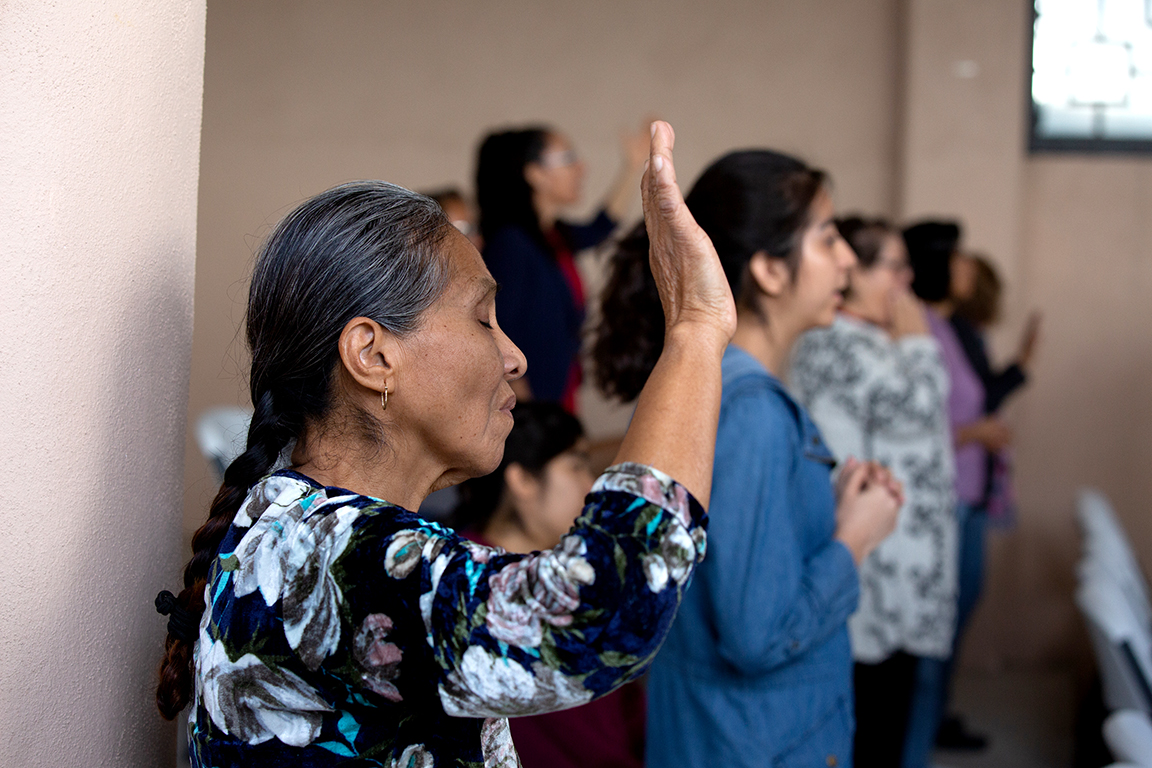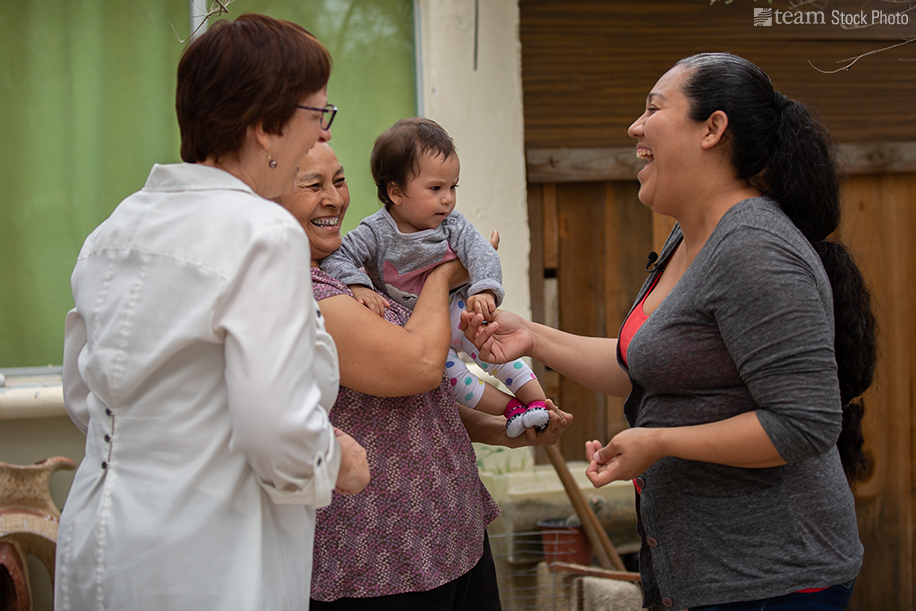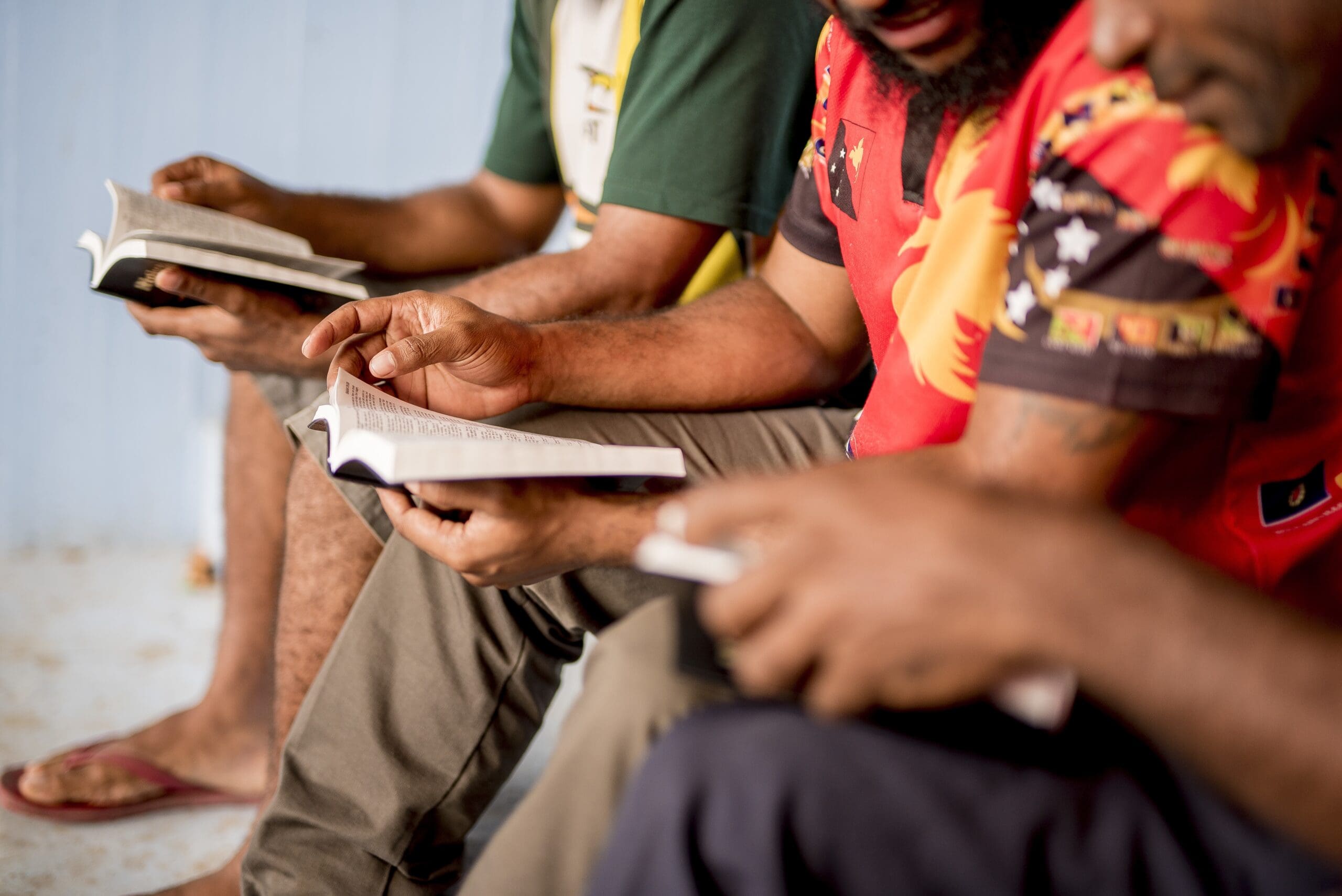
Missions Resources
Ask TEAM: What is the Most Important Thing in Christian Mission Work?
September 4, 2020
by Mark Watson

With each generation, the Church learns (and forgets) vital factors of success in missions. We want to lead ministries that are authentic, culturally sensitive, holistic in care, empowering to local believers, effective in planting churches — the list goes on and on.
All of these are important things, worthy of deep, rich discussion.
But what is the most important thing in Christian mission work?
The answer is simple: Jesus.
As cliché as it sounds, Jesus really is the most important part of mission work. He’s at the center of it all, He’s the reason for it all, and He’s the one who enables us to do it all. Without Him, the rest of it is impossible to achieve.
We’ll break this down into three points.
1. Jesus is the most important part because He is the message the missionaries are sharing.
Christian mission work may involve humanitarian efforts in medicine, education and other forms of community development. But a missionary’s ultimate goal isn’t simply to elevate people out of poverty. Their work is to share the Gospel with people around the world so they can be transformed by the love of Christ.
The Gospel is the story of God’s redemptive plan throughout history, and Jesus is the central figure of this plan. He’s first mentioned in Genesis 3:15, and then the rest of the Bible continues to point to Him. Jesus is central to the Gospel, and, therefore, He is central to missionary work.
A ministry that doesn’t keep Jesus at its center may produce good works, but it will fall short of its ultimate goal. Good works cannot compare to Christ’s message of eternal hope, redemption and union with Him.
2. Jesus is the One who makes missionary work possible at all.
The thing all missionaries have in common is their humanity. They all experience exhaustion and are prone to burnout. The thing about God is that He tends to give us humans tasks that are impossible for humans to do, but force us to rely on Him.
Missionary work is one of those tasks.
We can go to the mission field with all the charisma and persuasive speaking skills in the world, but without love, we’re like a clanging symbol (1 Cor. 13:1). And love — our ability to love — comes from God (1 John 4:7). Not only that, but Christ served on this earth as our example of how to love (John 15:12).
We can declare all of God’s commandments, but if we don’t live them ourselves, our message will ring hollow (Rom. 2:21–24). And the Bible says that it is the Lord who continually transforms us into His image (2 Cor. 3:18, 2 Cor. 5:17), giving us the ability to obey His commands. To live by faith, it must not be us who live, but Christ who lives within us (Gal. 2:20).
Finally, we can deliver the best evangelistic message, but it is God who changes hearts (Jer. 24:7, Eze. 36:26). In fact, Jesus warns that people will come to heaven’s gates believing there are saved, only to be told, “I never knew you” (Matt. 7:21–23). Therefore, it is vital that we depend on the Holy Spirit to lead people to Christ, and on Christ to intercede on their behalf (Heb. 7:25).
There is much more we could touch on here, but hopefully it’s clear that true success in missions is impossible on our own. That’s why Jesus is the most important part of the work. Through Him people can do the impossible, including missionary work.
3. Jesus is the reason to do missionary work in the first place.
In Matthew 28:19–20, Jesus gives His followers the charge to go and make disciples of all nations. This is known as the Great Commission, and it’s an important part of what it means to follow Jesus. Jesus tells us that if we love Him, we will keep His commandments (John 14:15).
But also, as believers, we should want to share the Gospel. Who Jesus is and what He did is should be so important to us that we have to let everyone know! And that’s what missionaries do as their vocation. So, of course, Jesus is central to their work.
TEAM puts a lot of value and work into training and preparing missionaries. We do everything we can to ensure missionaries have everything they need to succeed on the mission field. And at the center of all of it is Jesus, because we know that without Him, nothing we do would be possible.

